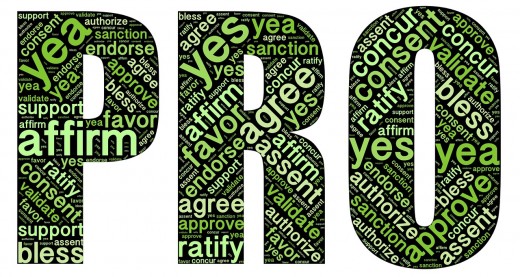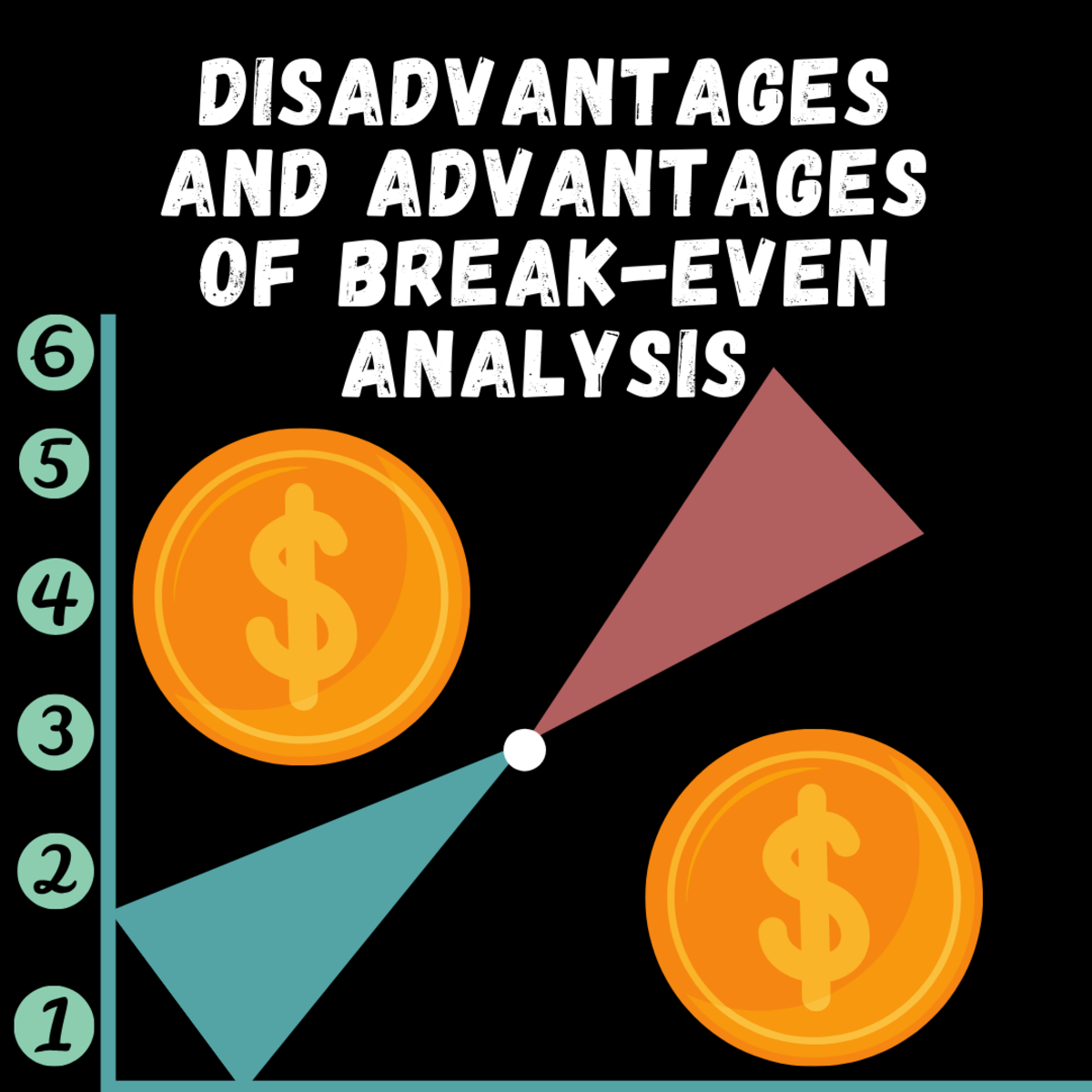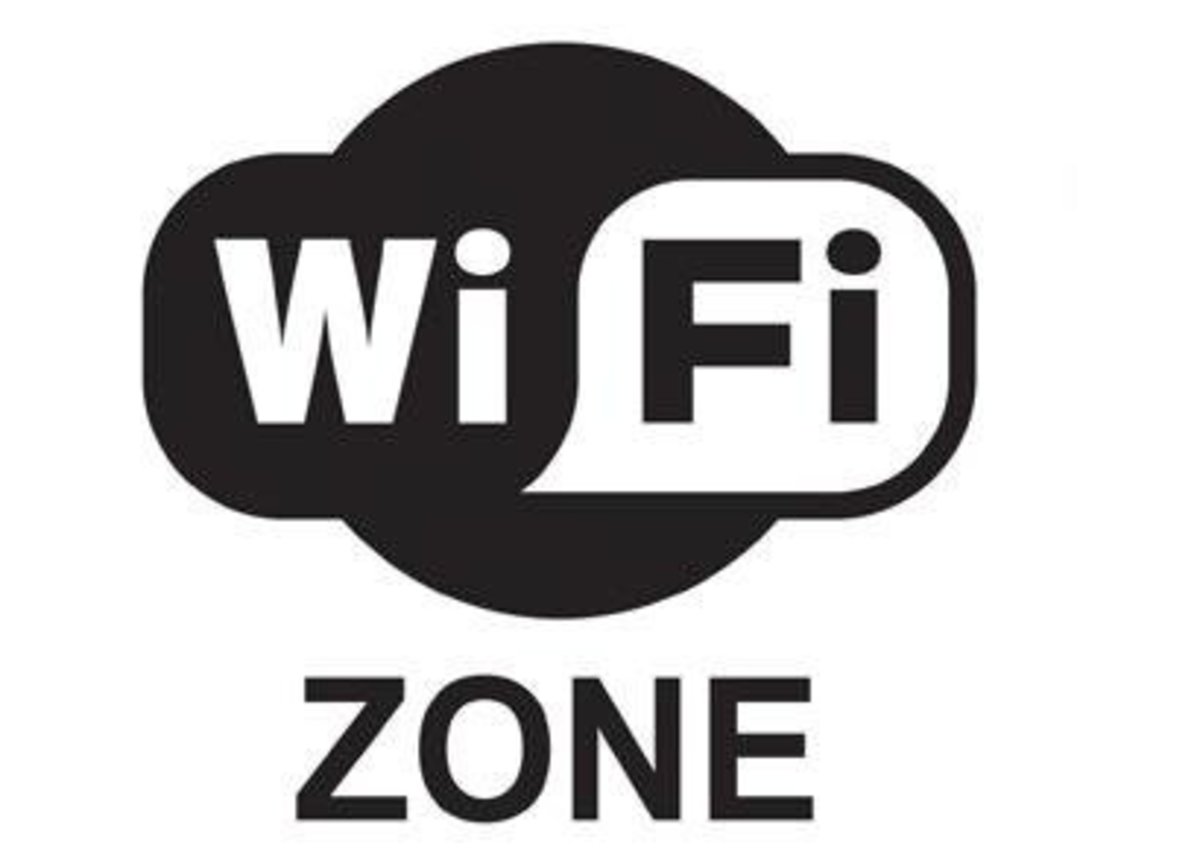Advantages and Disadvantages of Franchising

Introduction
The word franchise originally came from the French verb, franchir, which means "to free" in English. Looking at today's era, the word franchise contradicts its name origin by meaning a chain of shops of the same brand. The government of the US recognizes two types of franchises, trade/product name franchises and business format franchises. The first type of franchise is where the business mainly offers the franchisor's product line. The second type adopts the franchisor's entire business format, like marketing strategies and product library as an example.
Franchising has many wonderful benefits for the franchisees. To give you some quick examples, The department of commerce (1988) have reported that the failure rates of franchisor-franchisee business are substantially lower than new business. This means its safer to open a franchise than going for a new risky business idea. However, remember great risks do come with great returns. Take my hometown as an example, our local KFC is empty while a new trendy Indian restaurant has a waiting list. This is a disadvantage when it comes to a franchise, it offers no excitement. Now, let's look at the advantages and disadvantages of franchising.

Advantages of Franchising
1) Effortless Development
By being a franchisor, you can easily develop your brand and secure a high ranking the marketplace. Reason being that the amount you'll invest in your brand will be low due to the franchisees also investing in your brand. In normal situations, a franchisee usually deals with the starting-up duties of business like leasing and renovating a property, buying all the necessary equipment, and setting up the utilities. The franchisee might also further invest into the brand by stylizing his/her building or offer the franchise's product in better quality. In fact, most major franchised burger outlets spend above $100,000 on their franchise.
2) Motivation of the Franchisee
The second advantage may not apply to all franchisees. Usually, when a franchisee joins a franchise and builds their business, their start-up costs would be large. This itself is a large motivation factor to the franchisee to excel in their business so what they invested in won't go to waste. While they try to excel their business, the franchisor's brand reputation is grown to due to the franchisee's performance. However, due take note that this would only work if the franchisor carefully screened all applicants and ensured they're skilled. Plus, they also new carefully train the new franchisees
4) Payments
Another great benefit of franchising is the royalty payments offered by franchisees when the make sales. Almost all franchising agreements require the franchisee to pay a fixed royalty rate to the franchisee. This rates are usually from 3% to 10%.
In addition to the royalty payments, the franchisee is required to pay either a percentage of sales or a fixed amount because of the franchising agreement. Usually, this payments are charged due to marketing and advertising costs of the franchisor since they handle the advertising of the franchise, usually on all levels.
There also another fee charged at the creation of the franchisee's business, which usually ranges from few thousands to ten thousands of dollars.
5) Control
In the before days, a franchising agreement required the franchisee to buy the franchisor's products to sell in their business. This means the franchisor will have a steady sales generated due to the franchisee's purchases. In the newer era, however, the franchisee is allowed to purchase products from third-party suppliers. However, the franchisor has the power to restrict the choices of suppliers because of "quality assurance".

Disadvantages of Franchising
1) Rebellion
Sometimes in a franchisor-franchisee relationship, the franchisee might feel disappointed of the franchise due to various reasons. This will lead to many problems and rebellion is one of them. Unlike an employee, a franchisee has the proper motivation and resources to take matters such as dissatisfaction to court. This can be a major problem which franchisors shouldn't ignore. A Kansas City jury awarded $4.9 million dollars to the franchisee from the franchisor in 1988 due to a breach in the franchising agreement.
2) Restricted Choices
A franchising agreement not only restricts the franchisee's choices, it also restricts the franchisor's choices. In some agreements, the franchisee is allowed to refuse or fight the choices of their franchisor. An example, a franchisor might want the franchisee to open another outlet near their current one, but the franchisee rejects that decision. This only leaves to the franchisor opening the outlet themselves.
3) Justifications
Some courts have thought the franchisor-franchisee relationship to be similar to trustee-beneficiary relationship. In this regards, the franchisor might need to justify each of their actions to their franchisee since a beneficiary is entitled to faith and honesty from their trustee.
4) Laws
The legal environment can be considered as disadvantage of franchising to franchisor due to the many complicated laws. An example would be the strict rules of selling franchises established by the Federal Trade Commission. There are also many other laws such as mini-FTC and Business Opportunity laws which protect the franchisee from deceptive franchisors. Many antitrust cases have been seen in courts, especially cases where the franchisee claims the requirement of the franchisee to purchase products from the franchisor to be unfair.
Conclusion
Like the famous saying says, all roses have thorns, meaning nothing is perfect. Like everything, there are advantages and disadvantages of franchising. Although selling your business as franchise might not be the perfect idea, it's still safer than running a new business. Thank you for reading and have a nice day.
Reference
- THE PROS AND CONS OF FRANCHISING TWO VIEWS (Business Forum) Summer98
Link to a PDF version of an article from Business Forum Summer98.








